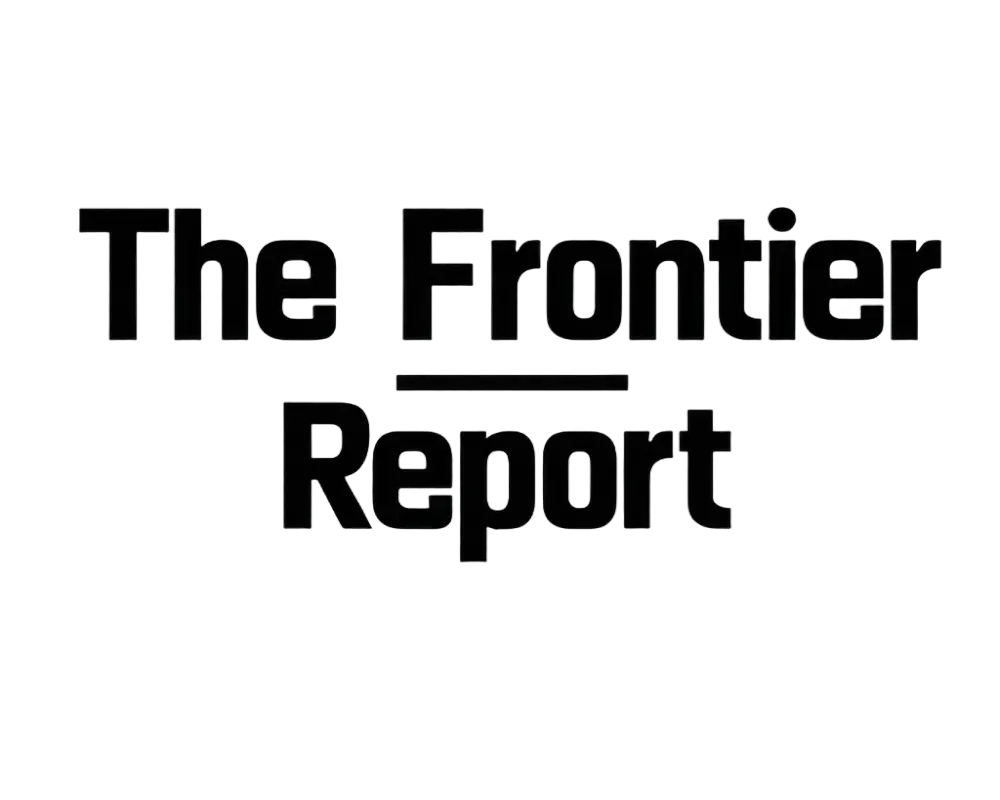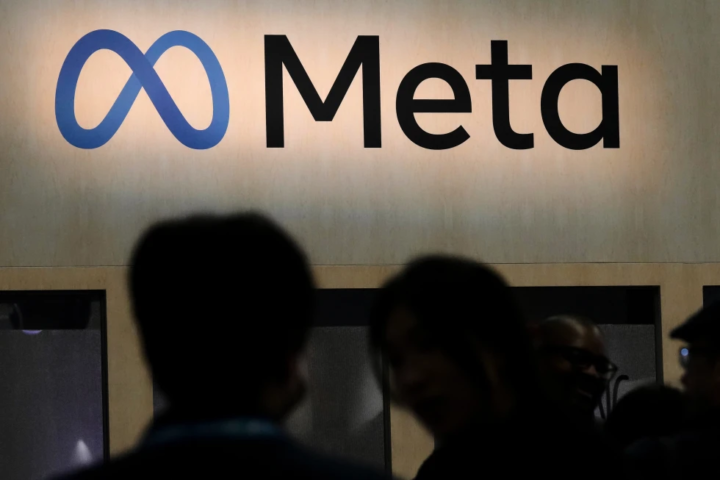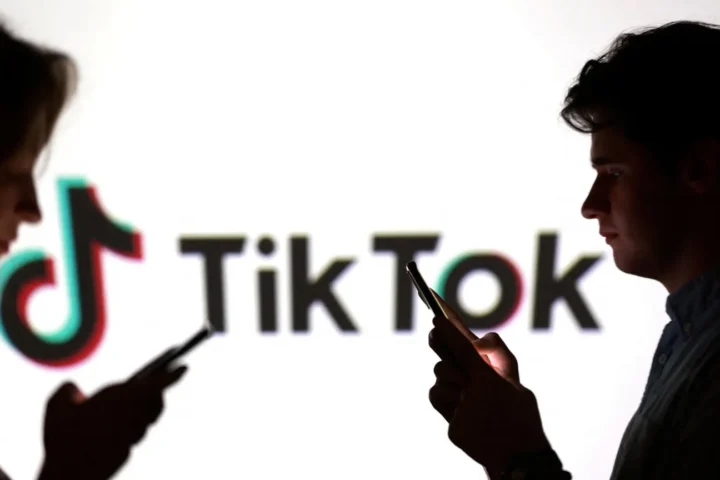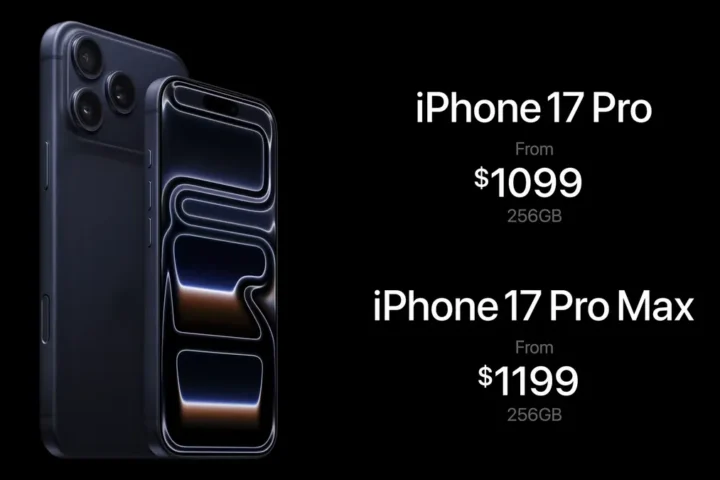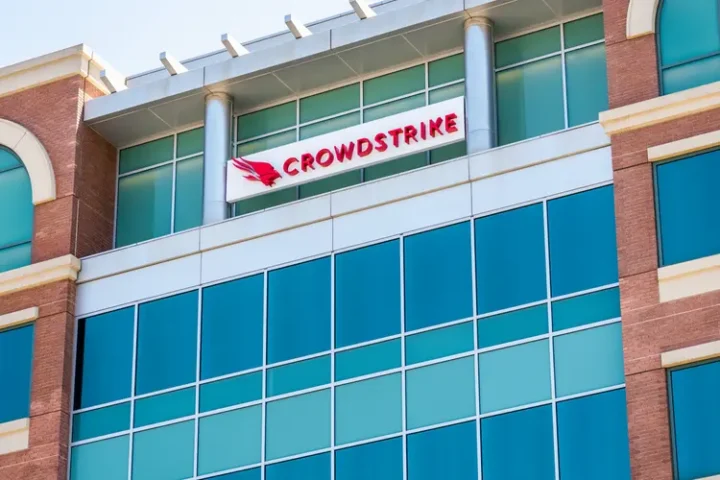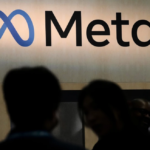Meta Platforms mounts a spirited defense in its marquee antitrust case by framing TikTok as something more than a rival—it’s a disruption to any claimed social media dominance. In week six of the case, which ended in late May 2025, Meta asked that the court throw out the government case, alleging the Federal Trade Commission (FTC) failed to prove that Meta maintained an unlawful monopoly..
TikTok Becomes Center of Defense by Meta
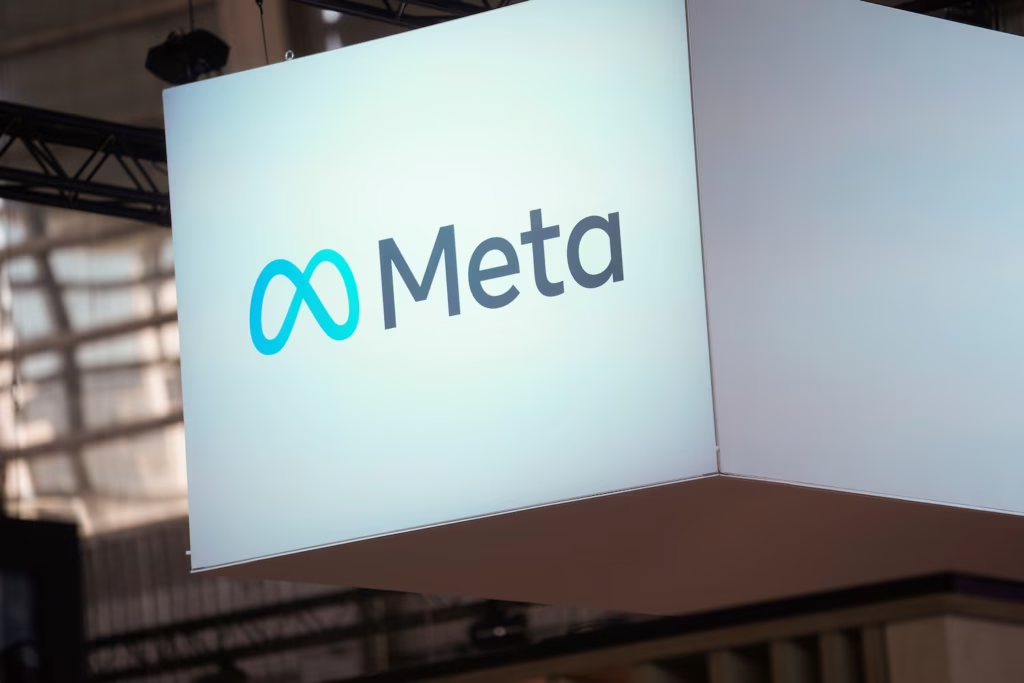
At opening statements, Meta’s legal team categorically stated, “Meta has no monopoly.” The corporation argues that its 2012 purchase of Instagram and 2014 purchase of WhatsApp were legitimate business deals that facilitated innovation—not crushing competition. The platforms, say Meta, now compete with TikTok, YouTube, and X to gain users’ most valuable asset: their attention.
TikTok’s pandemic-fueled skyrocket to stardom was a defining moment in the history of social media, with it ushering in bite‑sized, short‑form videos that redefined what audiences were accustomed to. The case put forward by Meta is that as TikTok became popular, the company was pushed to retaliate by launching products like Instagram Reels, and that platforms across the entire technological ecosystem hastened to mimic TikTok’s formula. From that angle, Meta positions itself less as a monopolist but just another player among a number within a fast‑evolving marketplace.
Leaked Documents Bolster Pressure on TikTok
The internal series of Meta reports revealed blunt executive commentary on rising TikTok influence. Even Mark Zuckerberg himself, reports said, accepted that Facebook was a “challenger” and was losing mindshare. Instagram chief Adam Mosseri asserted TikTok, a “100% video” platform, was being beaten by Meta. Other high-ranking executives reported similar concerns, outlining how products including TikTok, Snapchat, YouTube, X, Reddit, and Discord were fragmenting attention and distracting from growth within Meta.
These papers and statements are central to the case that Meta has attempted to make: if its own leaders felt TikTok was a threat severe enough to justify imitation and innovation, how could the company possibly be considered capable of monopolising?.
Market Definition: The Controversy at Hand
The issue here is where, according to the court, the relevant market begins. The FTC has gone with a narrow segment—personal social-networking services, like Facebook, Instagram, Snapchat, and MeWe. In that case, TikTok wouldn’t be counted as a direct competitor since it’s classified as content‑discovery, but not person‑to‑person networking.
Meta disputes forcefully that definition. The company feels that TikTok, YouTube, and X compete with one another, sometimes indistinguishably, for users’ time in our world today. Facebook and Instagram have developed from being social networks per se to entertainment and gates of content, evading a narrow definition by the FTC. The FTC market definition, according to Meta, does not correctly capture real competition by omission of important platforms that seriously capture user engagement.
Mid-Trial Legal Strategy: Motion to Dismiss
Meta formally asked Judge James Boasberg to dismiss the case on May 15. The company contends that there wasn’t sufficient proof of monopoly power from the FTC. Meta thinks all proof put forward by the authorities is founded on artificially constricted definitions, excluding platforms like TikTok. The fact that authorities themselves approved its purchase of Instagram and WhatsApp, though they later reversed course after TikTok gained traction, is cited by Meta.
Meta counters that its acquisitions removed potential competitive vigor from smaller rivals, and that narrow market definition is important to establishing that personal social networking, as opposed to content broadcasting, is a market within which Meta has competitive superiority
Courtroom Snapshots and Testimony
Meta CEO Zuckerberg testified, framing TikTok and YouTube as the company’s actual competitors. He defined the industry as shift from a “friends‑and‑family” mode to a broader discovery‑entertainment model. Instagram co‑founder Kevin Systrom largely concurred with the FTC’s concerns but also referred to Instagram’s benefit from being part of Meta. Instagram chief Adam Mosseri emphasised how TikTok instigated a change of tack by Meta—with significant investments to support creators and build Reels after earlier initiatives like IGTV were unsuccessful.
Implications and Prospects
Both sides having closed their case by late May, it then falls to Judge Boasberg to assess the evidence and market definitions. If the judge concludes that competition can be viewed by the broader definition proposed by Meta, then he could find that the FTC did not satisfy its burden. Conversely, should he enforce the narrow market definition proposed by the FTC, then acquisitions by Meta could be deemed anti‑competitive.
Meta’s defense that it’s TikTok-centric also relies on geopolitics: it’s an American company, so it argues a breakup now would be a boon to a Chinese-owned rival. That argument has a certain ring to a particular set of policymakers, but to others, it comes across as hypocritical—having long sought to play down TikTok’s role, it now uses TikTok’s very success to shield itself.
Whatever the result, the case has given antitrust enforcement a new-era edge: it’s no longer enough to think about market share by old-fashioned measures. Instead, courts may be compelled to pay heed to how consumer trends and integration across platforms reconfigure competitive boundaries. That Meta even sets up TikTok as a disruptive upstart demonstrates that antitrust definition in the internet age baselines itself on economics of attention—not buying and market reach.
With closing briefs being submitted and Judge Boasberg weighing his decision, Silicon Valley is waiting with bated breath. This lawsuit might redefine what a monopoly even looks like in an economy where attention, innovation, and platform entanglement are bigger factors than they have ever been

